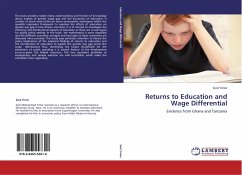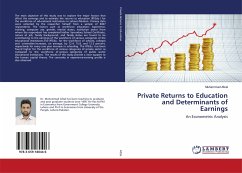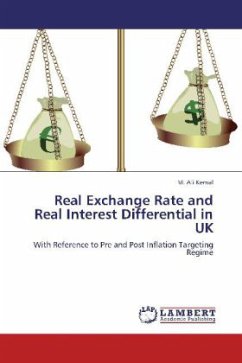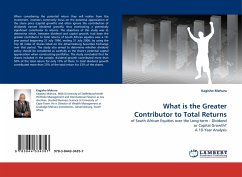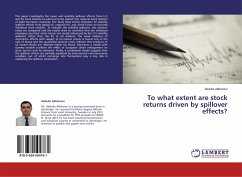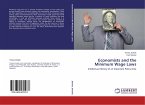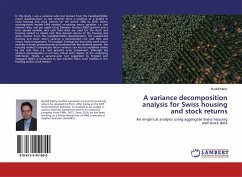The book provides readers deep understanding and frontier of knowledge about analysis of gender wage gap and the economics of education. It consists of much state-of-the-art micro econometric techniques within the quantile regression framework to examine the effects of education on gender pay gap in two African countries. It is of interest to investigate the efficiency and distributional impacts of education as these are crucial topics for public policy making. In the book, the mathematics is more simplified and the different economic concepts and key topics in labor economics are discussed more precisely. The study pays particular attention to discuss the policy implications of the empirical findings of returns to education and the contribution of education to explain the gender pay gap across the wage distributions. Thus, identifying the target households for the placement of public spending is a central feature of the development process given the limited resources. The two persistent problems of endogeneity and sample selection are well controlled, which make the estimation more appealing.
Bitte wählen Sie Ihr Anliegen aus.
Rechnungen
Retourenschein anfordern
Bestellstatus
Storno

